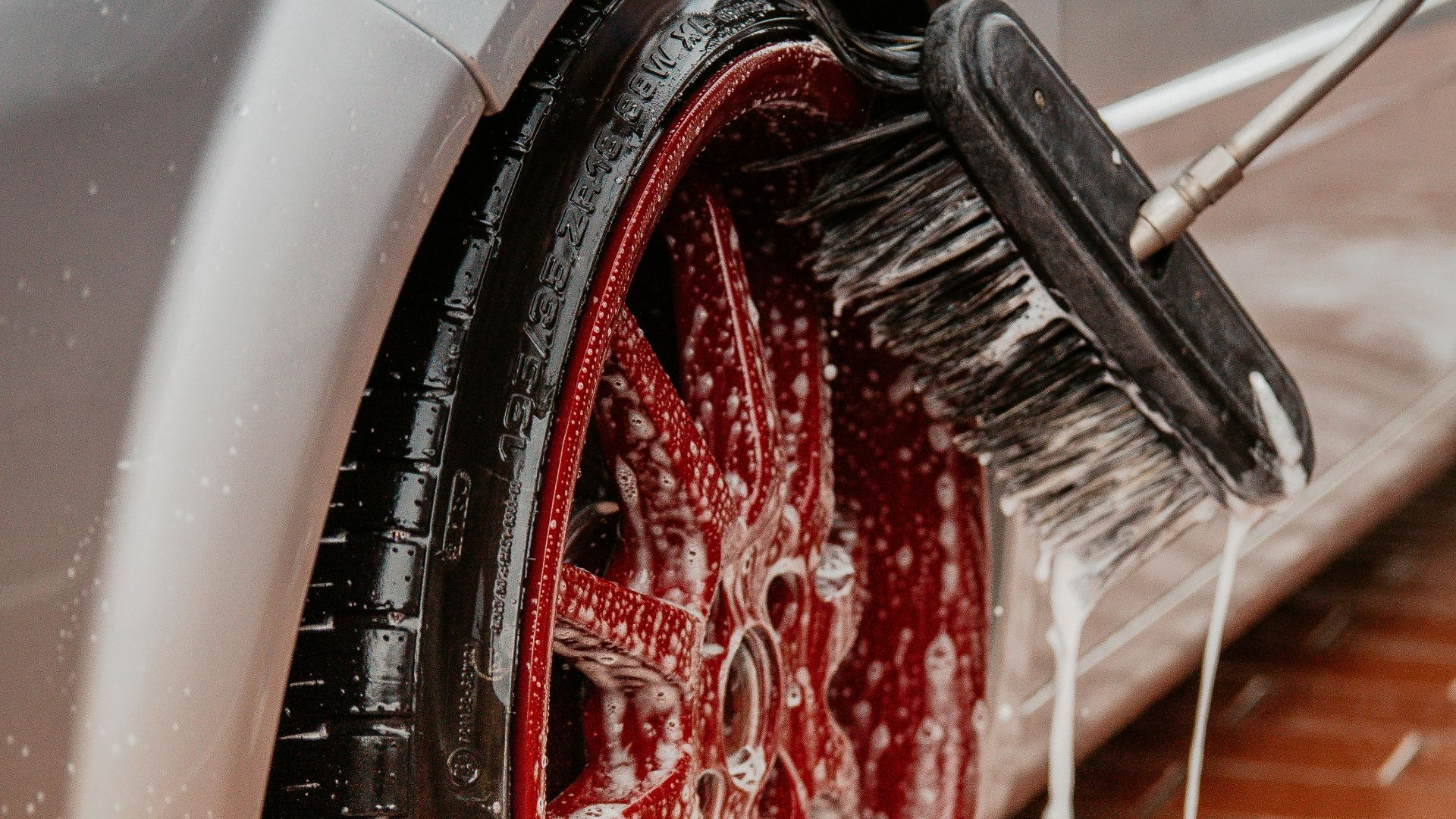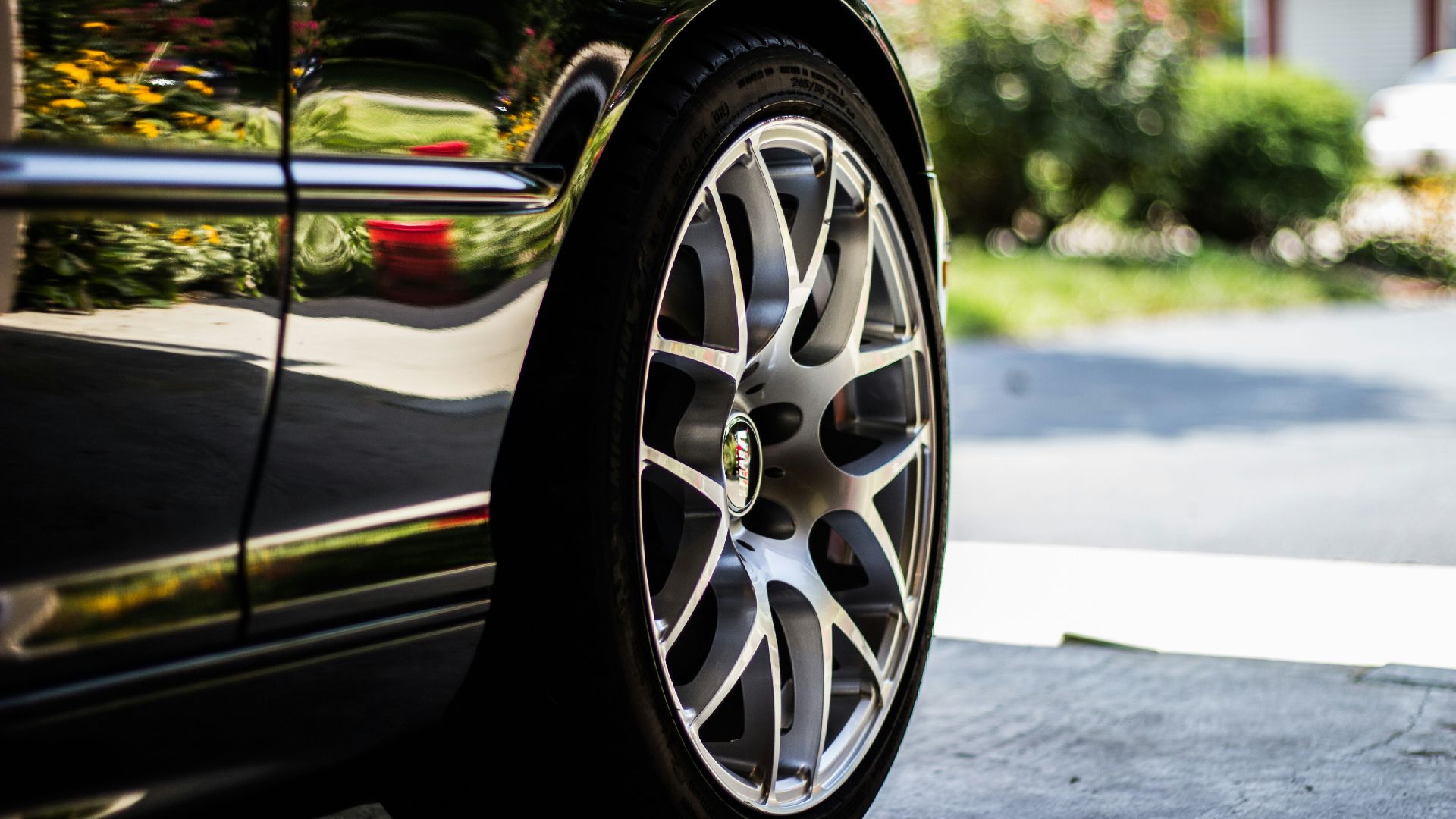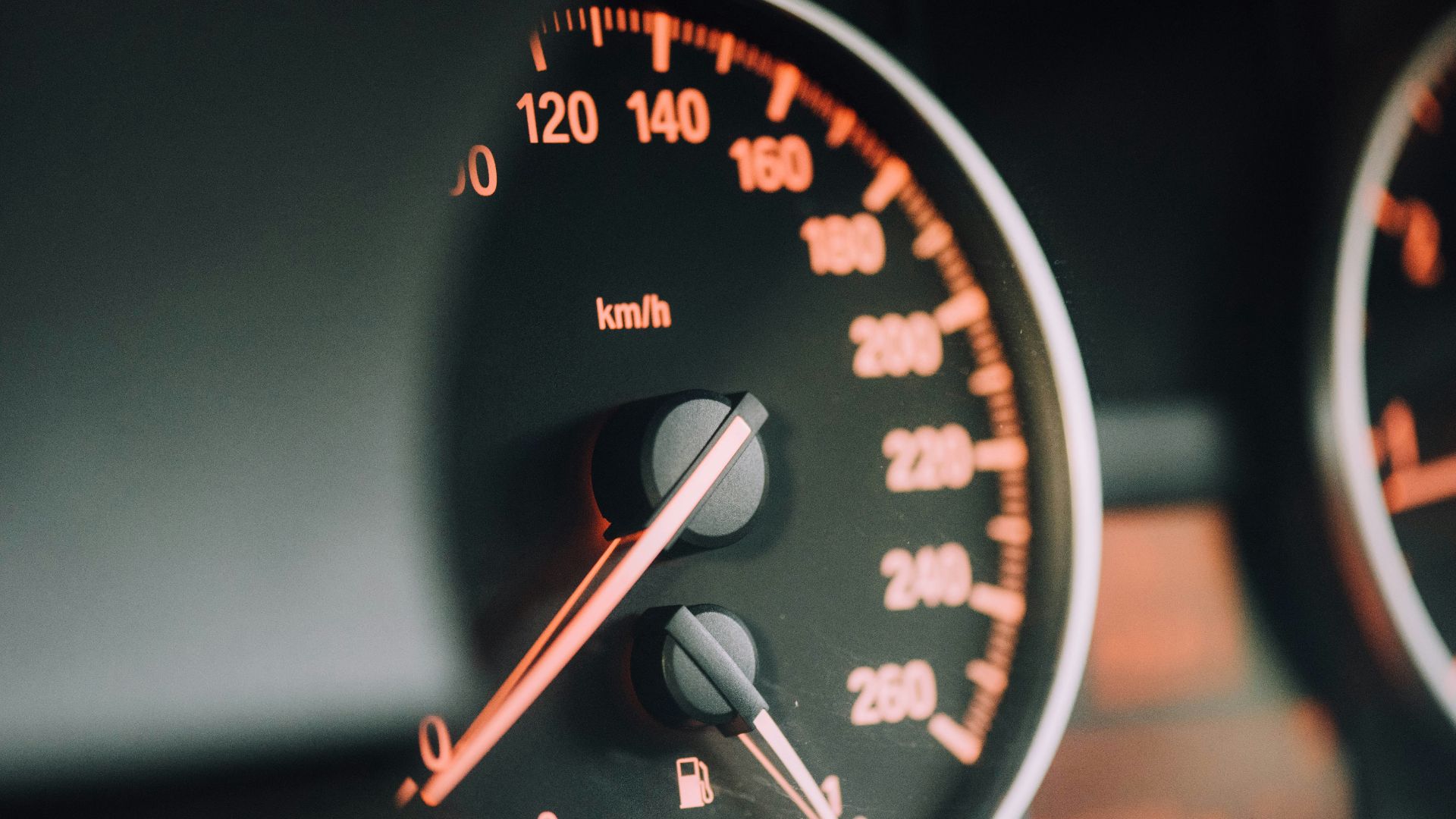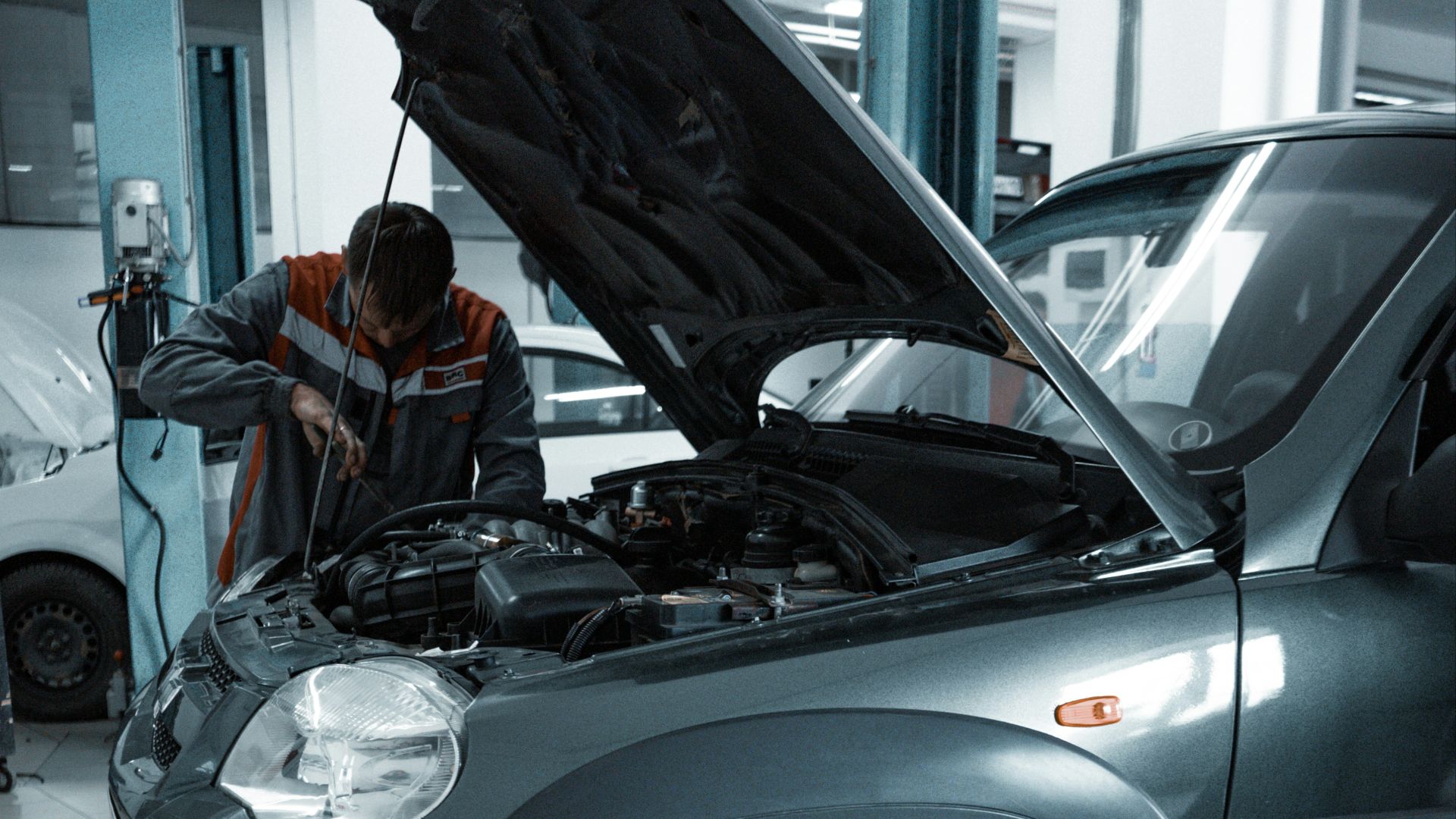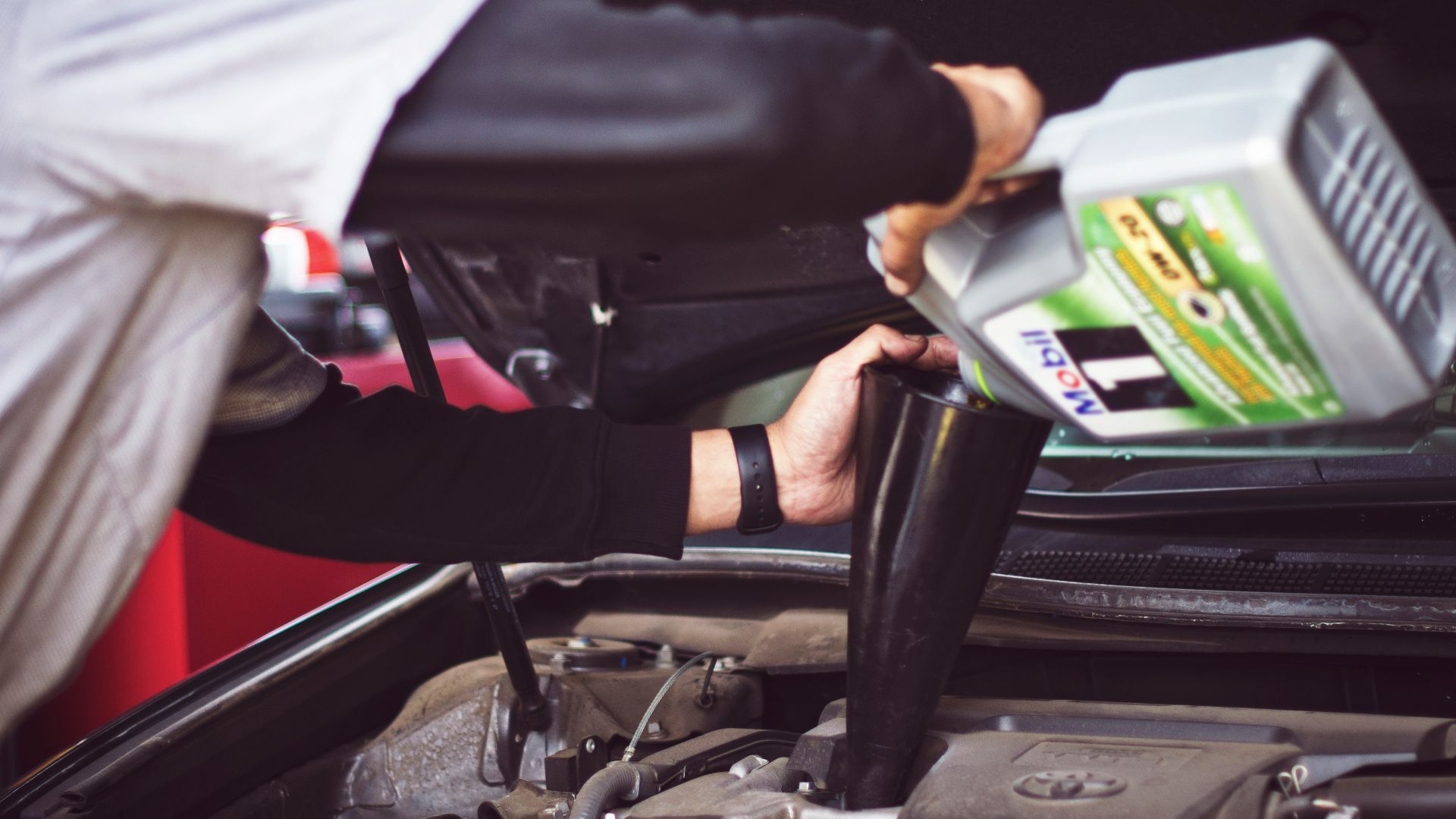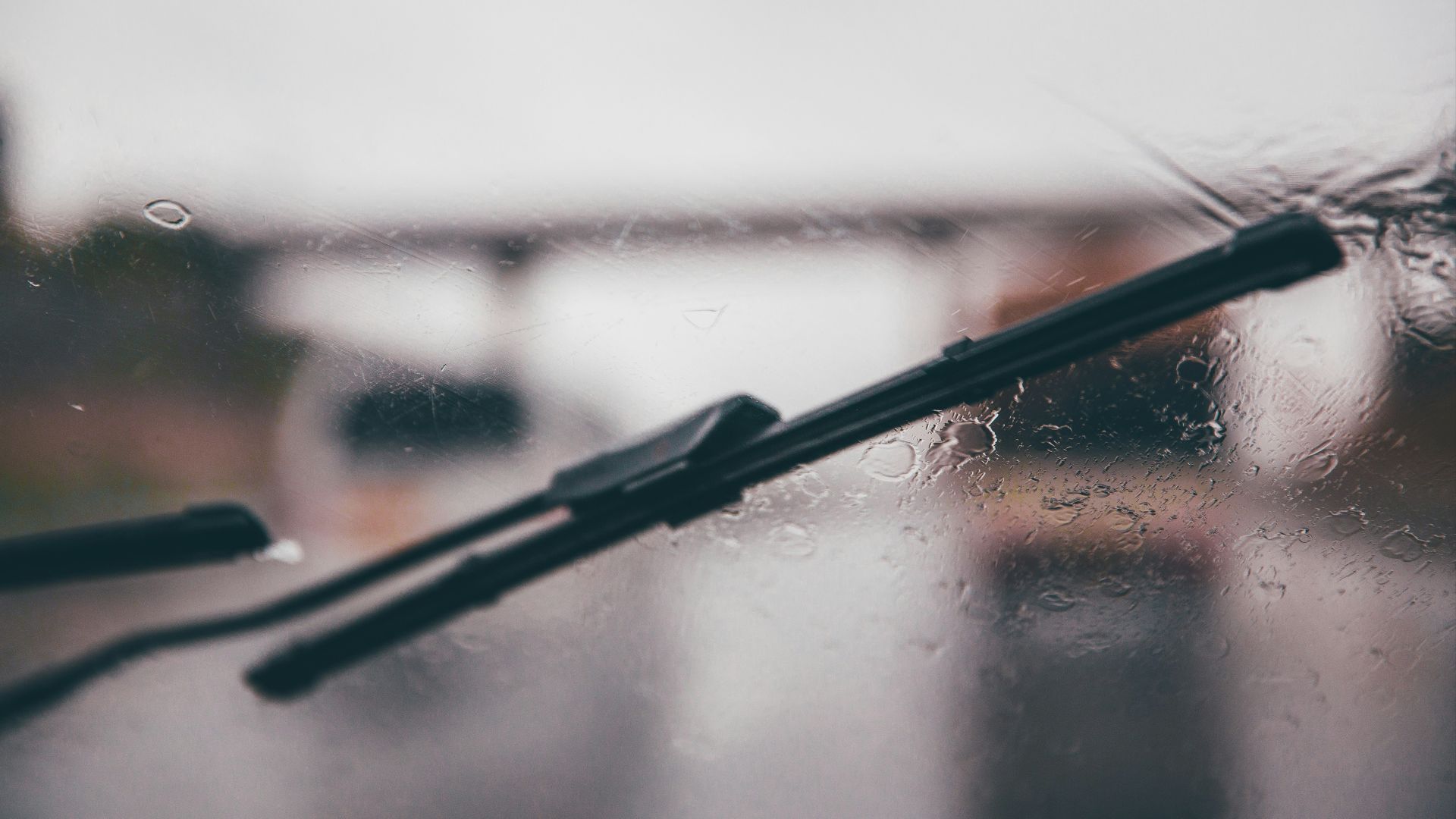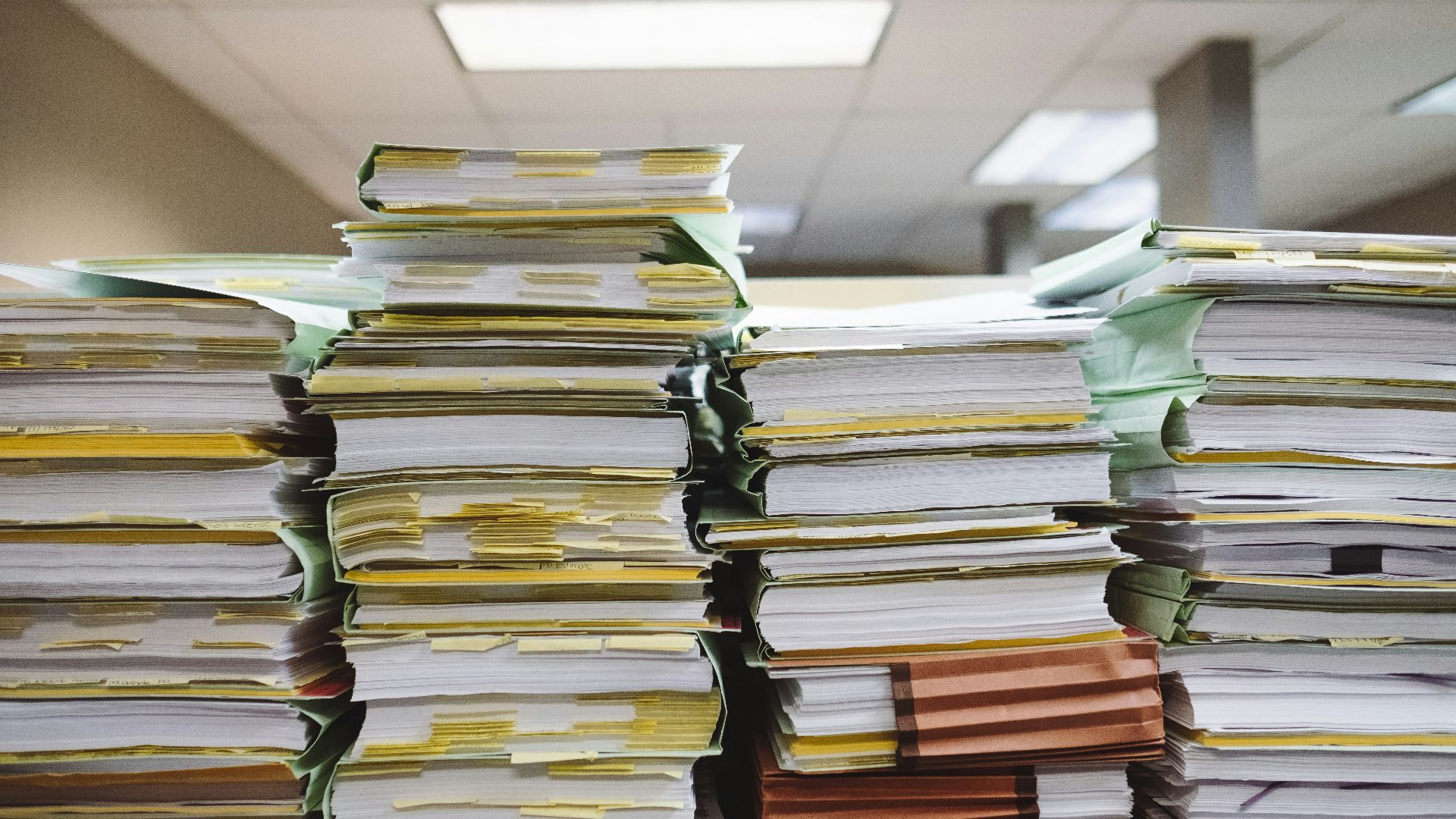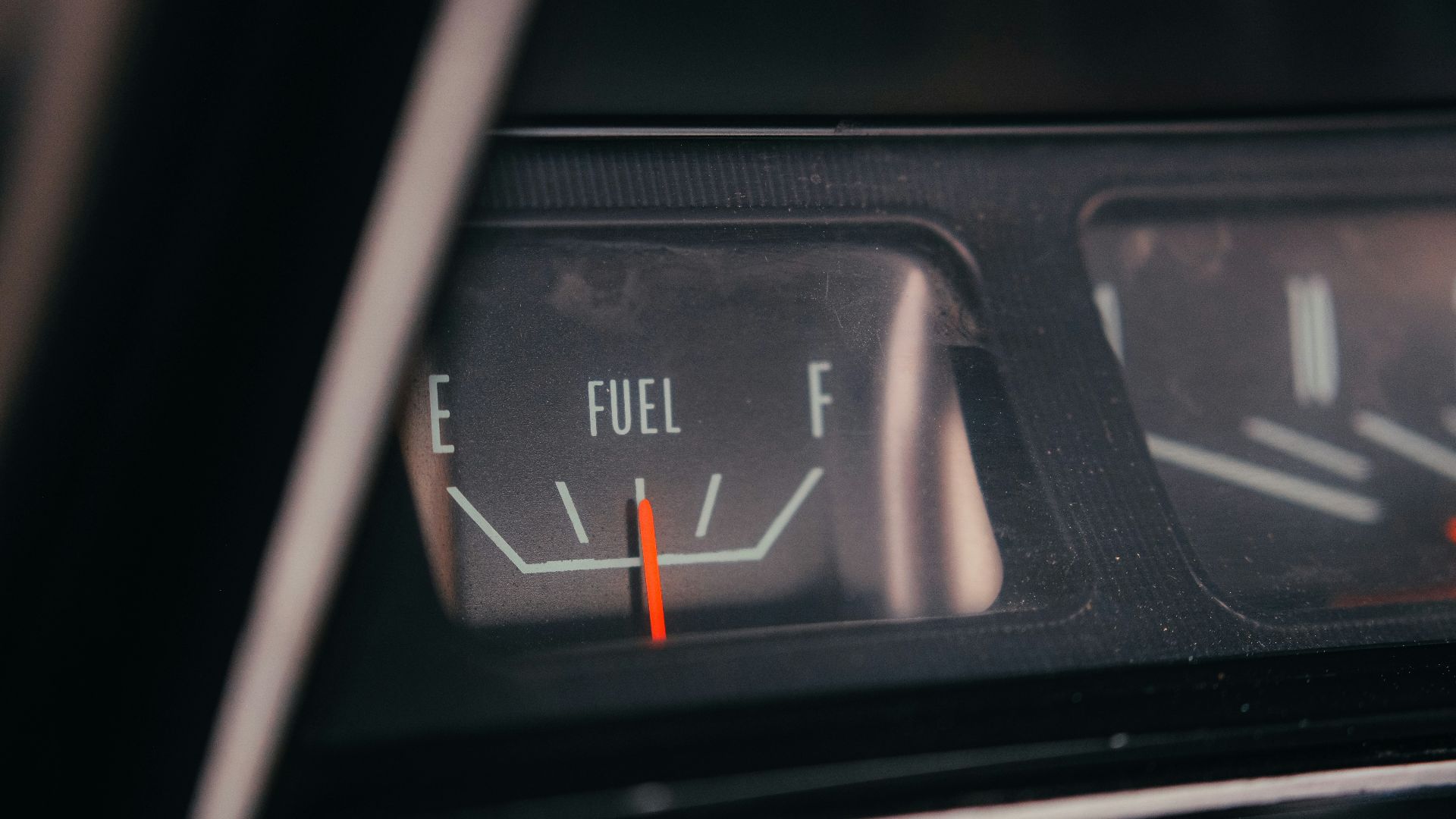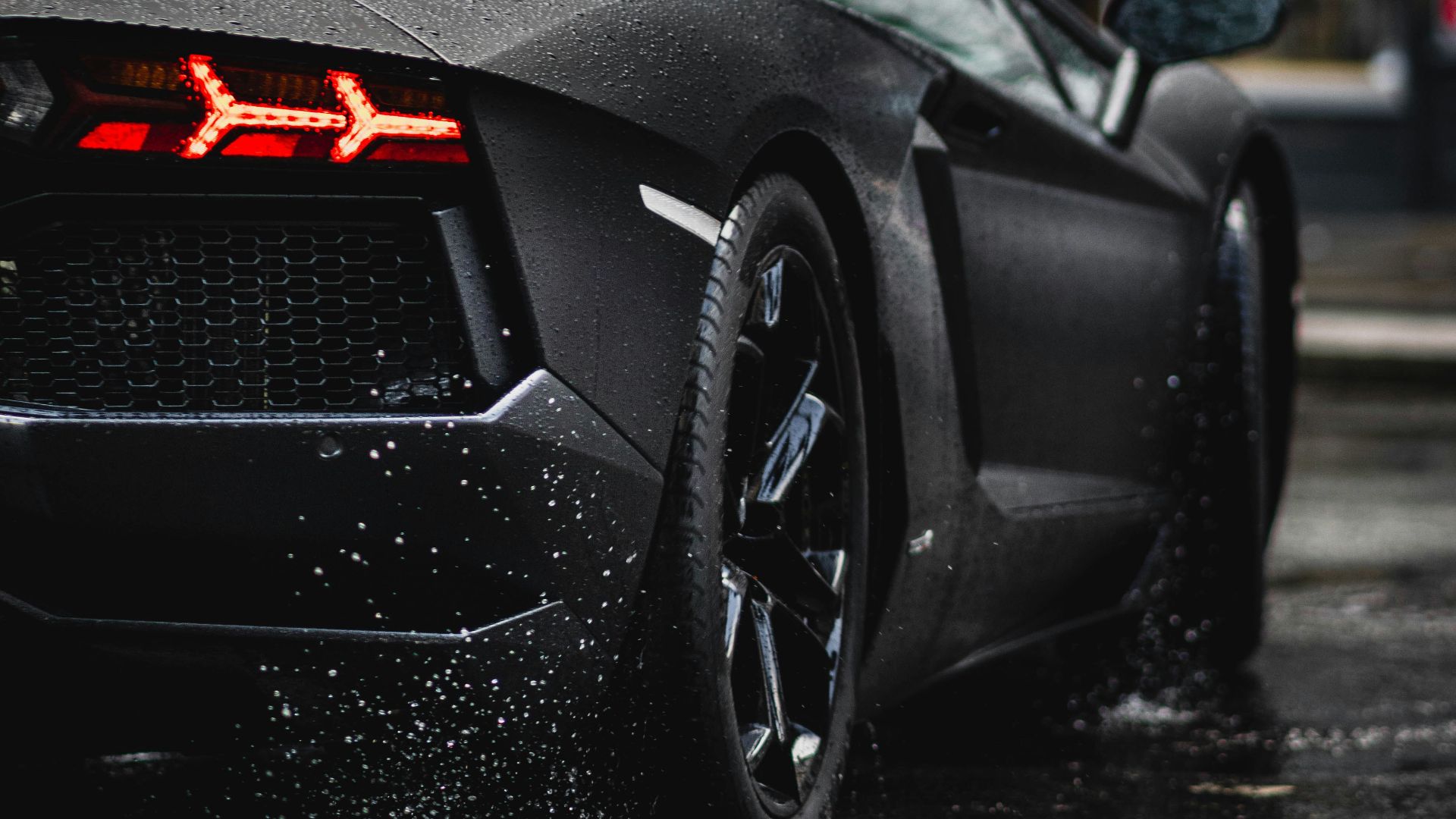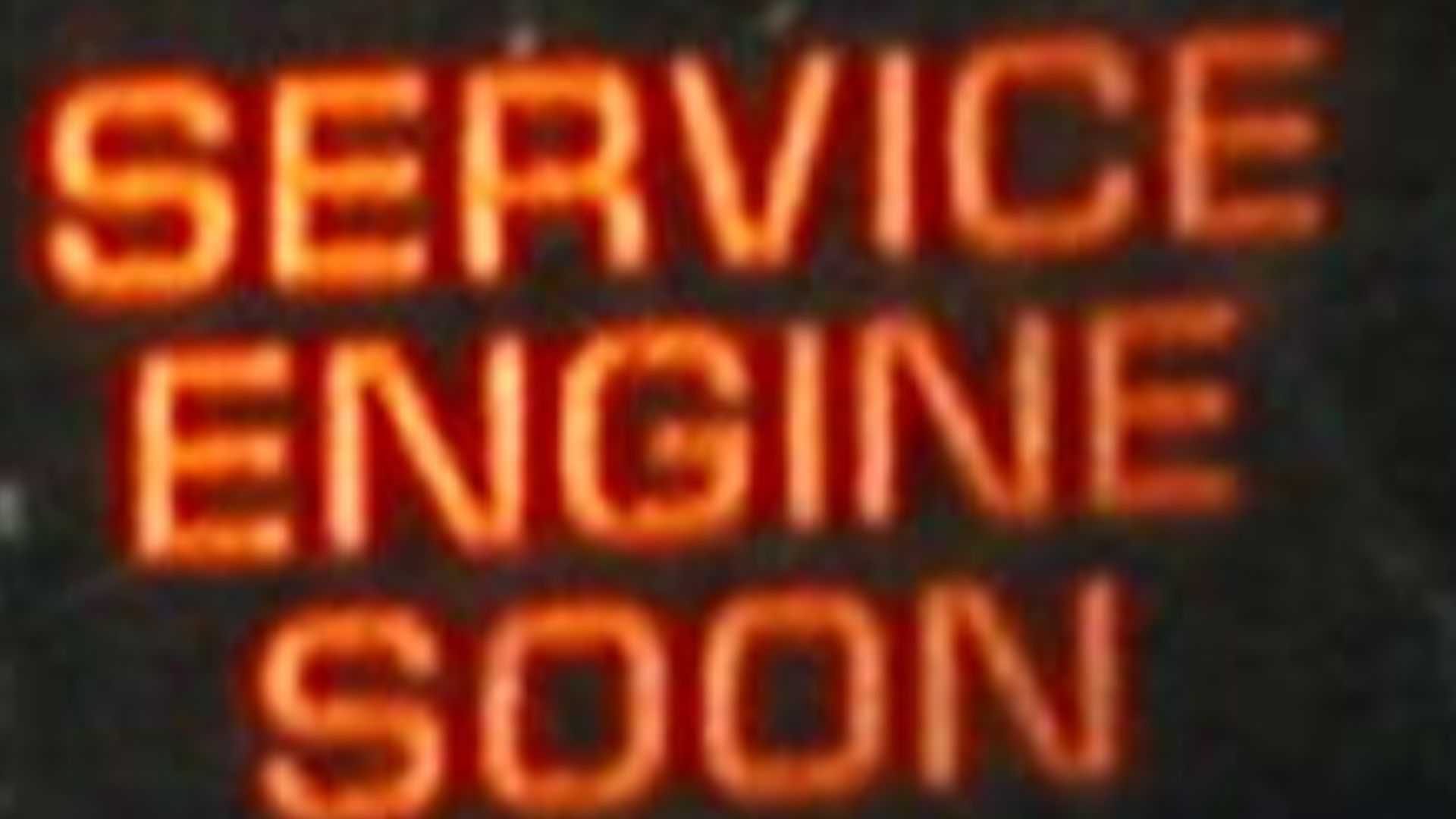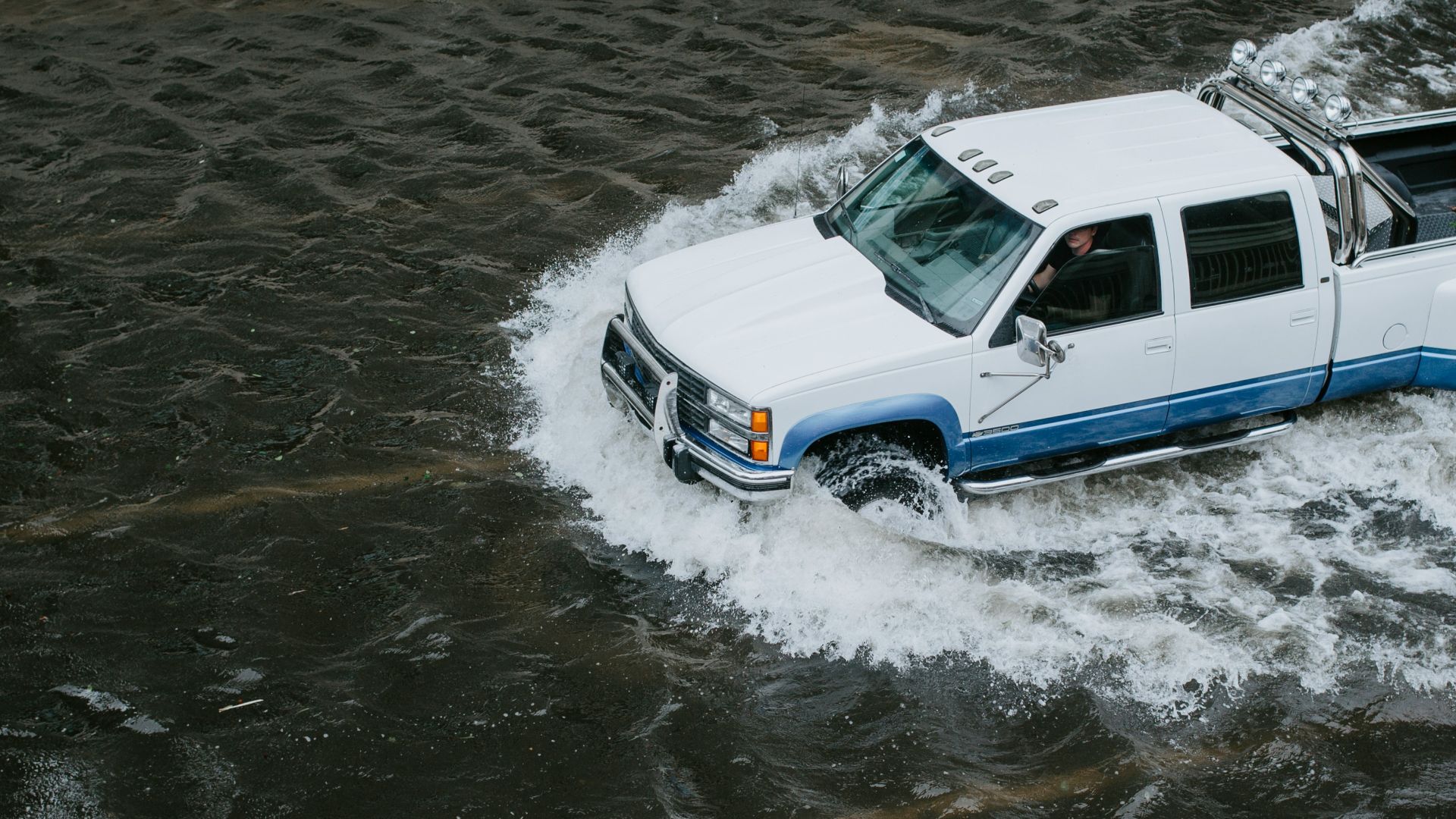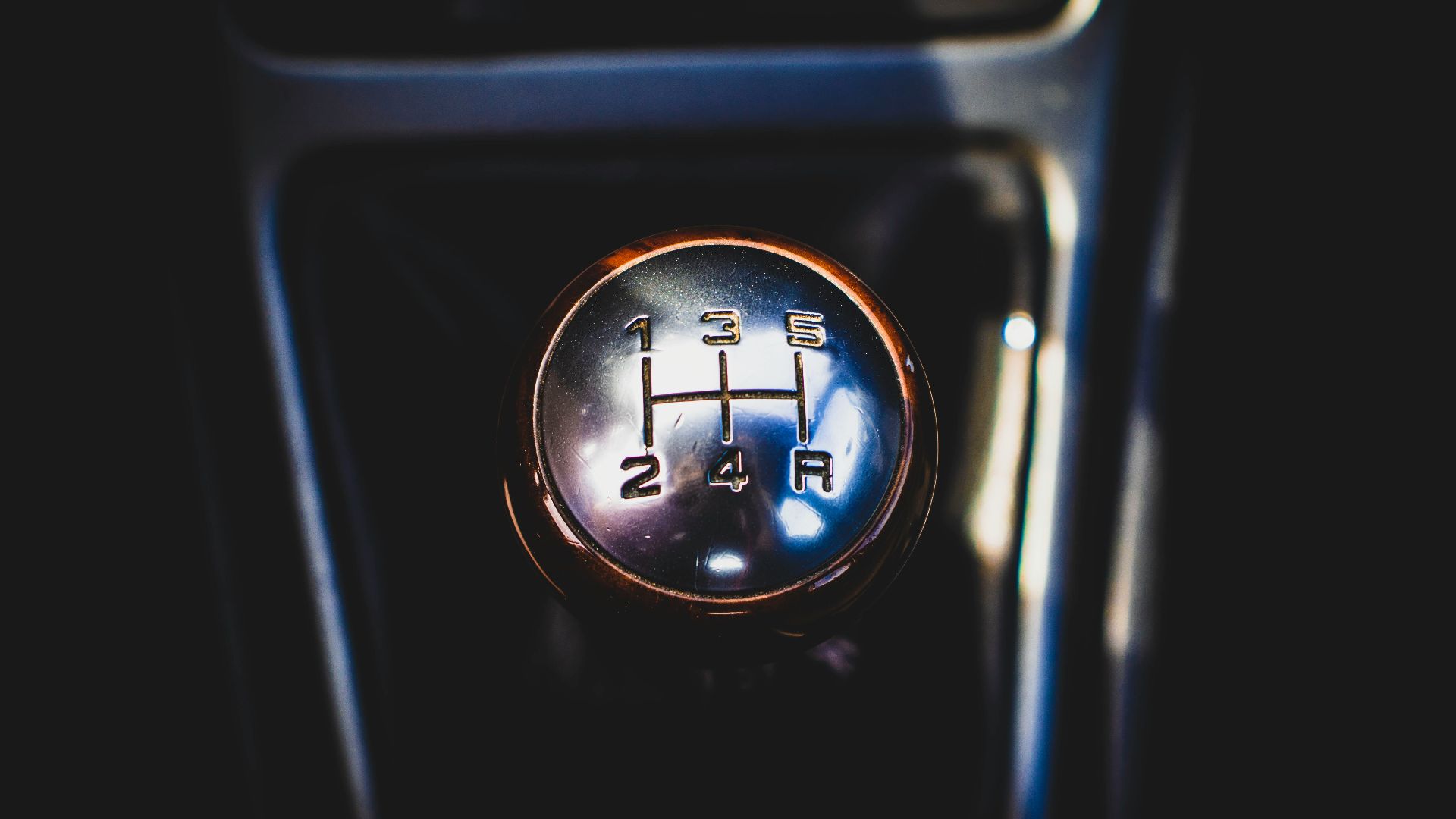10 Strategies For Maintaining Your Car’s Longevity & 10 Bad Habits That Shorten Its Lifespan
10 Strategies For Maintaining Your Car’s Longevity & 10 Bad Habits That Shorten Its Lifespan
The Dos And Don'ts Of Car Care
Whether seasoned car owners or first-time buyers, we all have bad habits when it comes to our cars. It can be anything from riding the brake pedal to ignoring pesky warning lights. However, some small behavioral tweaks can greatly extend your car's life, something your future self will thank you for. Here are 10 strategies for extending your car's life and 10 ways you're slowly destroying it.
1. Keep It Clean
Keep your car's exterior clean to shield it from rust and oxidation. Keeping the interior clean helps maintain its value as it keeps it from developing unpleasant odors.
2. Check Your Tire Pressure Regularly
Checking your car's tire pressure once weekly and before any long road trips will ensure they last longer. Keeping them pumped to the recommended level will also allow for better handling and safety.
3. Drive Gently
If you can avoid aggressive driving habits like speeding and sudden acceleration, it won't only be the other drivers on the road thanking you but your own car too. Driving responsibly reduces wear and tear on your engine, transmission, and brakes.
4. Drive It Regularly
Cars a made to be driven. Taking your car for a spin at least once a week reduces stress on the alternator/generator, ensures its oil gets circulated, and the battery stays charged.
5. Don't Skip Oil Changes
It's an easy thing to overlook, but regularly changing the oil really does make a difference to your car's longevity by preventing engine wear. It should usually be changed every 3,000 to 5,000 miles.
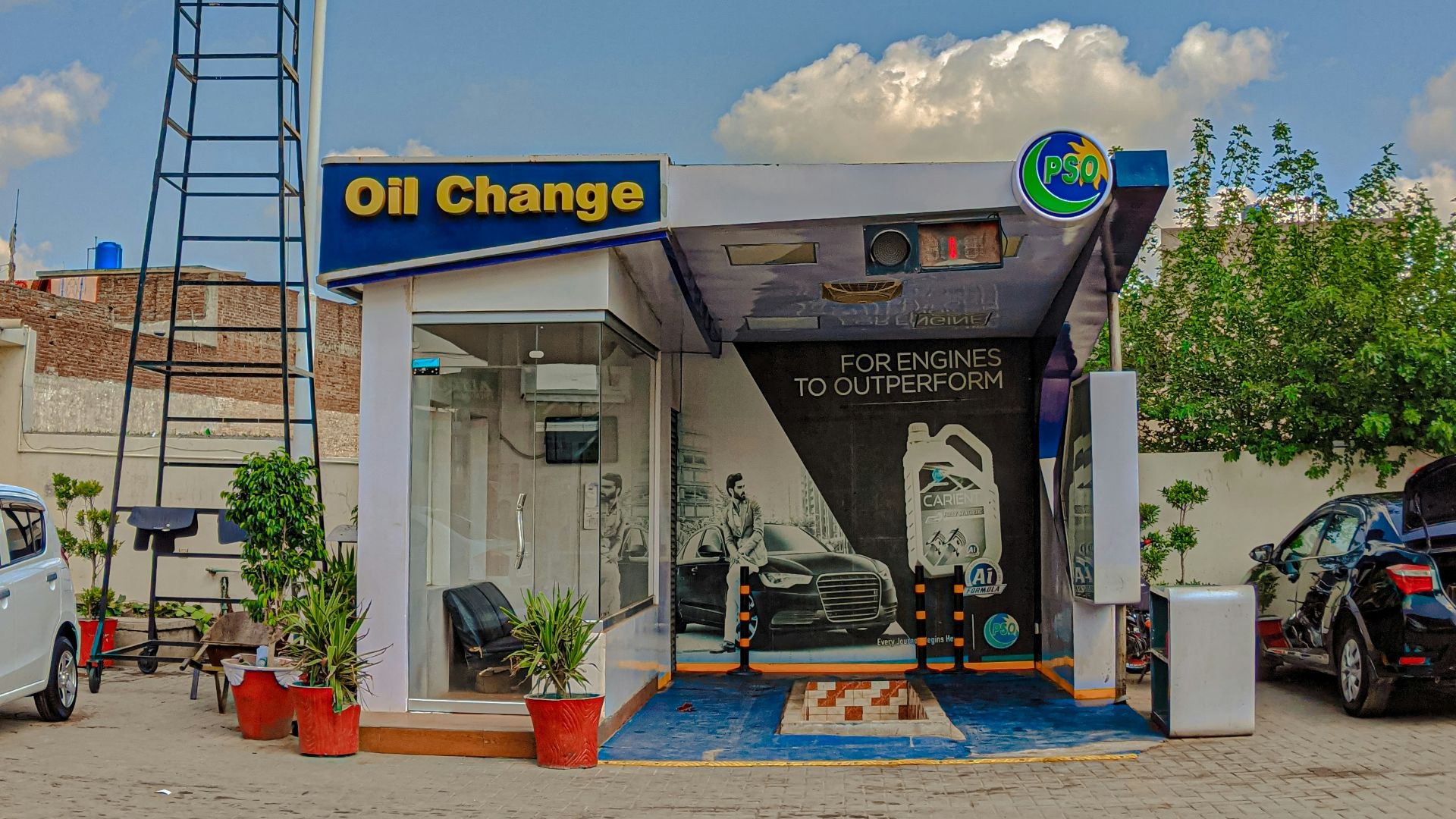 Muhammad Hussain Ali on Unsplash
Muhammad Hussain Ali on Unsplash
6. Perform Weekly Inspections
We're not talking about taking it to the mechanic once a week, but there are plenty of simple checks you should stay on top of to ensure your car is healthy. Regularly inspect your brake pads, listen for any weird engine noises, check your fluids, test your horn, and lights, and always make sure your car has enough gas.
7. Tend To Repairs Right Away
Whether it's the slightest hum of an air vent or a small crack in the windshield, take care of even the most minor repairs as soon as possible. They're not going to get better on their own and are likely to get a whole lot worse.
8. Check Its Fluids Regularly
We're not only talking about the oil. Your car relies on various fluids including coolant, transmission fluid, and brake fluid to keep it running smoothly and prevent damage so make sure to check them regularly and top them up as needed.
9. Replace Windshield Wiper Blades
Everyone knows that familiar sound of worn-out wiper pathetically bouncing across the windshield. Replacing the blades is an inexpensive and easy task that ensures safe driving through wet conditions and avoids your windshield getting scratched by a deteriorated wiper.
10. Keep Records
Keep a record of all the maintenance and upgrades you do on your car. It will be helpful for your own organization as well as to make re-selling the car down the road more seamless.
Now that we've gone over what you should do to ensure your car has a long and happy life, let's go over some of the things to avoid.
1. Driving On Empty
Driving on empty or low fuel is not only bad for the driver's anxiety, but for the car's engine too. Your fuel pump isn't designed to run without gas and doing so can lead to overheating and engine failure.
2. Hard Braking
We understand if now and then a red light sneaks up on you. However, too much hard braking puts stress on your brake pads, rotors, and tires.
3. Ignoring Warning Lights
They may seem insignificant, but the warning lights on your dashboard shouldn't be ignored. They're there to warn you of a problem your car has so get your car checked as soon as you see one pop up to avoid further damage.
4. Hitting Potholes
If you live in a cold climate, you're probably all too familiar with the gutwrenching sound of driving full speed over a pothole. Driving over potholes with any amount of speed can damage wheel rims and brake struts.
 Gabriel Garcia Marengo on Unsplash
Gabriel Garcia Marengo on Unsplash
5. Driving Through Water
Have you ever encountered flooding or a deep puddle on the road while driving? Unless you have an amphibious vehicle, driving through water can severely damage critical components of your car.
6. Overloading
We're all guilty of overloading our cars for family trips or moving days. However, avoid going over your car's maximum capacity as it adds strain to the suspension, engine, and transmission.
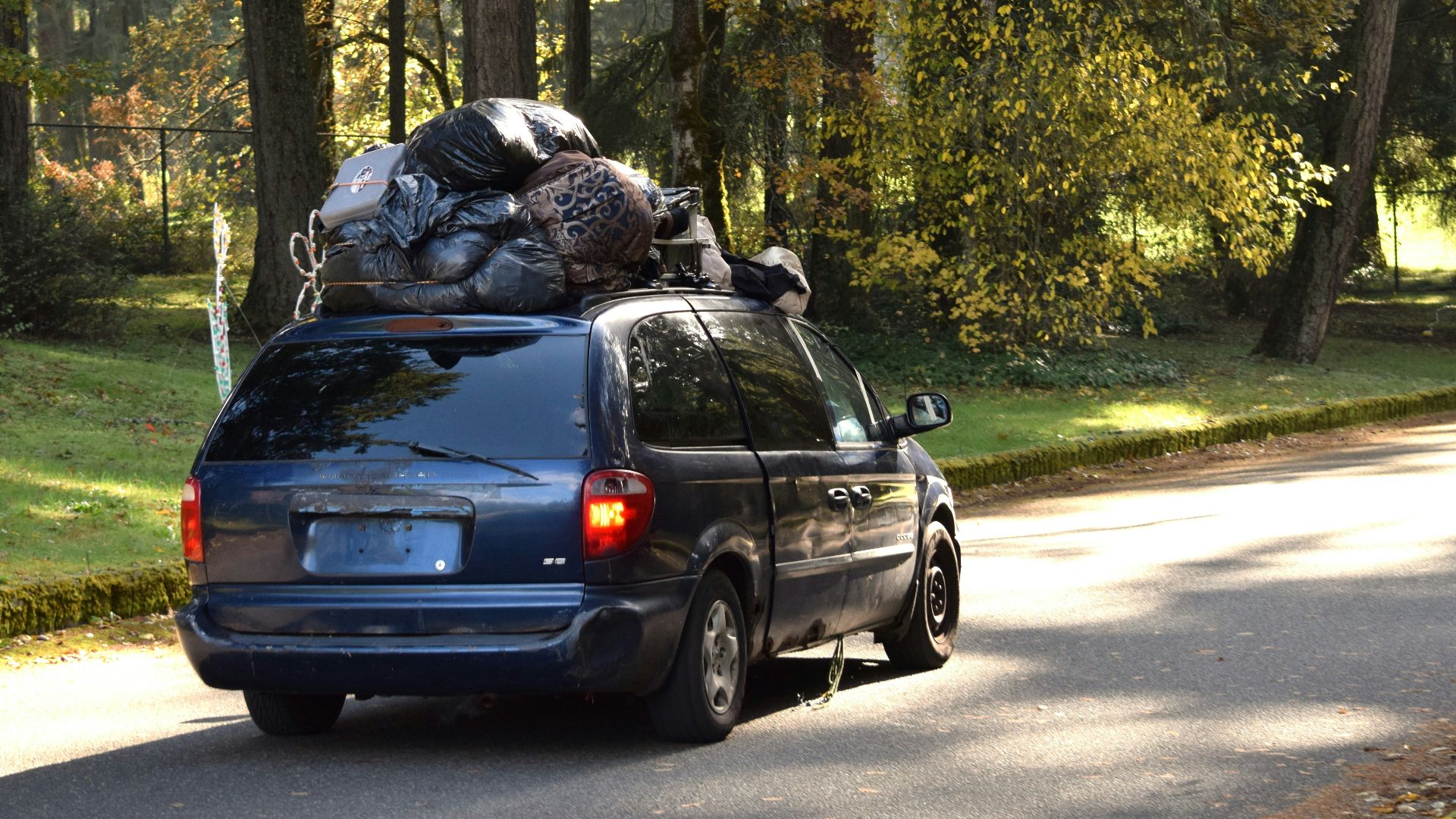 jennifer uppendahl on Unsplash
jennifer uppendahl on Unsplash
7. Revving The Engine
It might be tempting to proudly rev your engine, but avoid doing this too often. It can potentially damage the transmission, and exhaust system, and cause overheating, especially if you do it when the engine is still cool.
8. Shifting Into Reverse When Not Fully Stopped
Never shift into reverse before you're fully stopped as it gives your car some very mixed messages. It can damage the transmission and drivetrain.
9. Riding The Brake
Many drivers have the bad habit of keeping their foot on the brake pedal, especially when driving down a steep hill. However, this can warp the rotors and put strain on the brake pads, causing them to wear down faster.
 Nicolas J Leclercq on Unsplash
Nicolas J Leclercq on Unsplash
10. Improper Gear Shifting
This one applies to manual transmission drivers only. If you shift gears without fully engaging the clutch it's likely to destroy your clutch over time.



